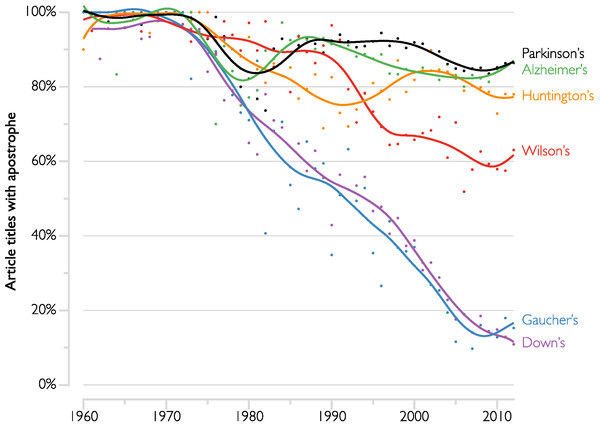GMP (aka "Academic Jungle") started a great discussion about people with accents, and about how everybody asks them "Where are you from?", and about how it can be extremely annoying.
I totally agree that it may be very annoying. As a Russian, I rather dislike talking about vodka, Putin and differences between Moscow and the rest of the country. At the same time, I realize that people on average don't know that much about Russia and Russian culture, and they are trying their best to relate. And I appreciate that.
And that's why, after reading all replies to that GMP's post, I have to disagree with most commenters, and explicitly state that it's OK, and moreover necessary to ask people where they are from. Even if it is annoying =)
Why? Because it's better to try to find some common ground with people, rather than stay cold, indifferent, sterile and perfectly un-annoying. It's better to be boringly curious than boringly uncaring and apathetic. It's better to fail in communication than not to communicate at all. It's better to be mistaken about people's background (as long as you try to fix your mistakes and learn more about them) rather than ignore this background, and assume that everybody are essentially same and identical, and do not even deserve to be asked about where they are from.
When people ask me if I like vodka I cringe. But at the same time I am grateful to them for this small pathetic effort to find something common between their life and mine. It's important for me to know that they did not treat me as "just another compatriot of whatever origin I don't care about", but tried to see me as somebody with a potentially unique attitude towards life. And if they are mistaken for the actual content of this attitude... Well, there are complex socioeconomic reasons for that, and it is fine. It is not the worst starting point for a discussion, after all.
My compliments go to those who ask "where are you from". My sympathies to those who are tired of providing stereotypical answers. But saying that it is bad to be interested in people's origins is just plain wrong =)
I totally agree that it may be very annoying. As a Russian, I rather dislike talking about vodka, Putin and differences between Moscow and the rest of the country. At the same time, I realize that people on average don't know that much about Russia and Russian culture, and they are trying their best to relate. And I appreciate that.
And that's why, after reading all replies to that GMP's post, I have to disagree with most commenters, and explicitly state that it's OK, and moreover necessary to ask people where they are from. Even if it is annoying =)
Why? Because it's better to try to find some common ground with people, rather than stay cold, indifferent, sterile and perfectly un-annoying. It's better to be boringly curious than boringly uncaring and apathetic. It's better to fail in communication than not to communicate at all. It's better to be mistaken about people's background (as long as you try to fix your mistakes and learn more about them) rather than ignore this background, and assume that everybody are essentially same and identical, and do not even deserve to be asked about where they are from.
When people ask me if I like vodka I cringe. But at the same time I am grateful to them for this small pathetic effort to find something common between their life and mine. It's important for me to know that they did not treat me as "just another compatriot of whatever origin I don't care about", but tried to see me as somebody with a potentially unique attitude towards life. And if they are mistaken for the actual content of this attitude... Well, there are complex socioeconomic reasons for that, and it is fine. It is not the worst starting point for a discussion, after all.
My compliments go to those who ask "where are you from". My sympathies to those who are tired of providing stereotypical answers. But saying that it is bad to be interested in people's origins is just plain wrong =)




